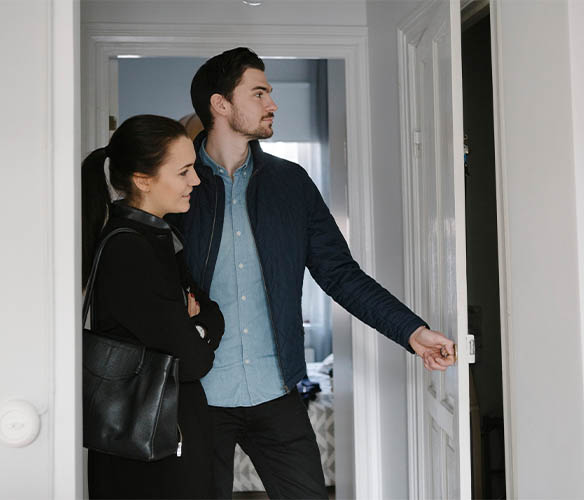Let's say your borrowing capacity calculation came back at $350,000.
On a principal and interest loan at a 6% interest rate for 30 years, the repayments will come in at $2,098.43 each month.
If your budget reveals that you're only saving $2,000 per month after all the regular bills and expenses are paid, you should look at where you can make savings, or reduce the amount you're looking to borrow.





